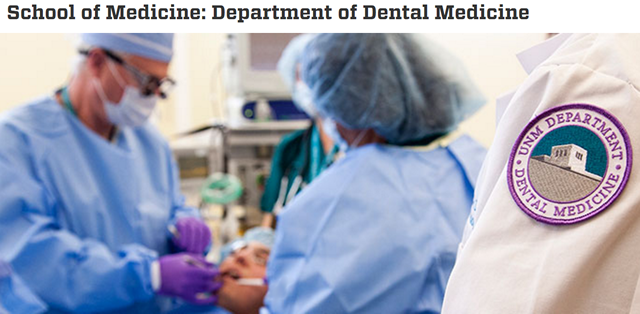
Dental Hygiene ETDs
Publication Date
Spring 5-12-2024
Abstract
ABSTRACT
Purpose: The purpose of this study was to assess the oral health education and dental care access of families of children with Down syndrome in New Mexico.
Methods: The data were gathered from a survey available to members of the Rio Grande Down Syndrome Network for 14 days containing 13 questions.
Results: The most reported age range for the individuals in care were 0-14 years at 41.6%. Most individuals with Down syndrome receive dental services every six months (62.5%) at a regular dental office (54.2%). Caregivers reported the individuals are taking 1-2 prescription medications (54.2%) and not aware of the correlation between prescription medications and dry mouth (62.5%). Half of the participants are aware of the increased risk for gum disease (50%) even though most have not been diagnosed with the disease (70.8%). Most caregivers are not aware Down syndrome can cause prominent grooves on the tongue (66.7%) and have not been instructed to clean the tongue (45.8%). 43 Homecare assistance of some variation was reported at 66.7%. Caregivers reported to have not received education on any of the listed dental topics (58.3%).
Conclusion: There is a need for increased oral health education for individuals with Down syndrome and their caretakers. Many participants do not have a complete understanding and knowledge of how this disorder is affecting the individuals in their care nor how to properly help them. More research must be done to determine the source of lack of access to care and education
Degree Name
Dental Hygiene
Level of Degree
Masters
Department Name
Dental Medicine
First Committee Member (Chair)
Christine Nathe
Second Committee Member
Robin Gatlin
Third Committee Member
Juliet Roybal
Language
English
Keywords
Dental hygiene, Down syndrome, Education
Document Type
Thesis
Recommended Citation
Holcomb, Alayna Marissa. "Oral Health Education and Dental Care Access of Families of Children with Down Syndrome in New Mexico." (2024). https://digitalrepository.unm.edu/dehy_etds/45
